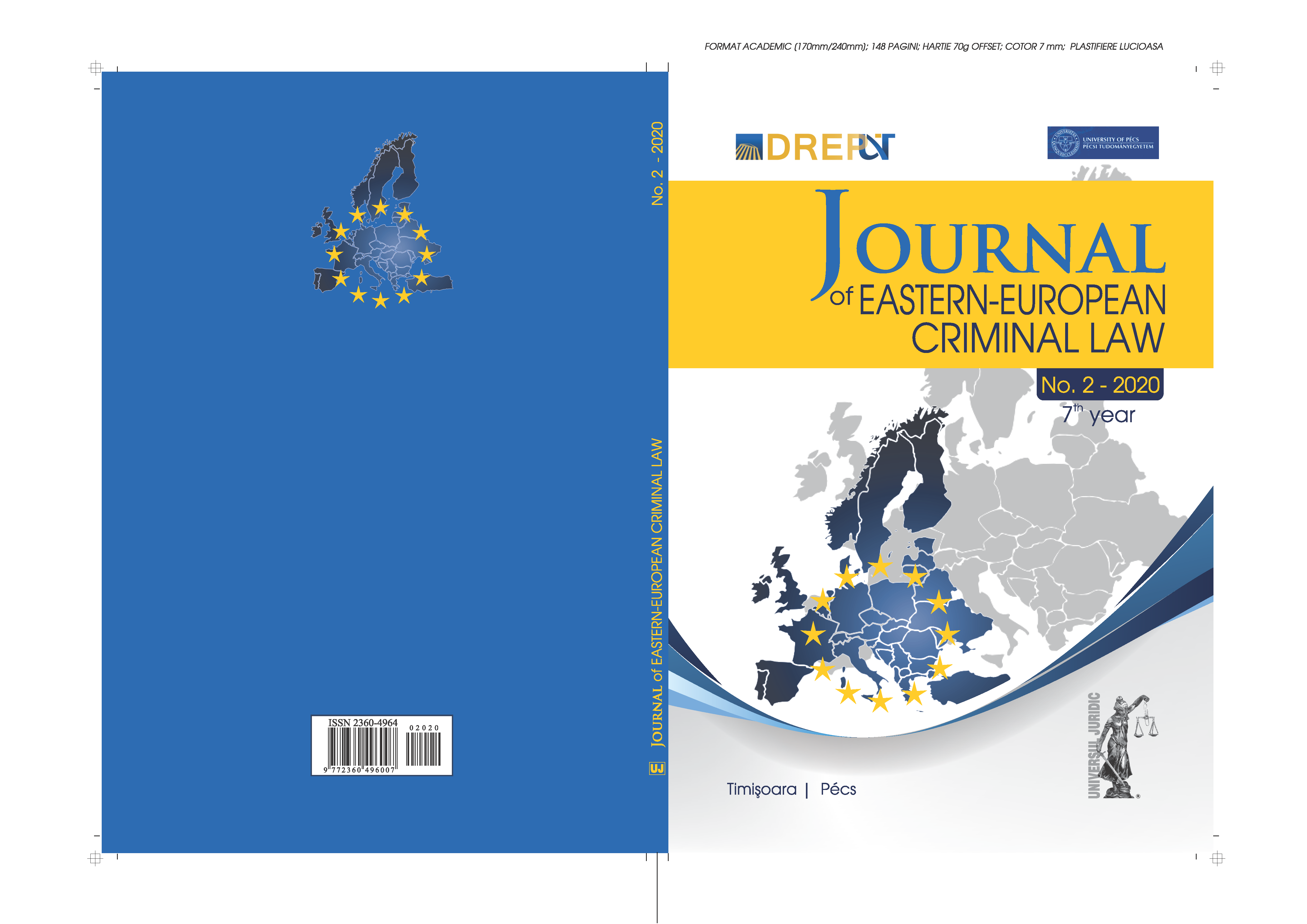The Refusal to Carry Out Unpaid Work for the Benefit of the Community by the Defendant – From Right to ”Procedural Trap”
The Refusal to Carry Out Unpaid Work for the Benefit of the Community by the Defendant – From Right to ”Procedural Trap”
Author(s): Matei-Ciprian GraurSubject(s): Law, Constitution, Jurisprudence, Civil Law
Published by: Universul Juridic
Keywords: Art 4 ECHR; prohibition of forced labor; accused; right not to work; conditional freedom; suspension under supervision; postponement of penalty enforcement;
Summary/Abstract: This approach starts from the regulation contained in Article 4 of the European Convention on Human Rights, which regulates as a fundamental right the prohibition of slavery and forced labour. The purpose of this right – the right not to work forcibly – is obvious, but the way in which Member States protect this right through domestic regulations can be different and can create controversy. In our analysis we want to stop in criminal and criminal proceedings, being certain that other matters of law may face regulatory problems, but also considering that the scope of criminal law in general presents a series of hypotheses with special consequences, including, as we shall see, in the freedom of the individual. Far from wanting to find a clear solution to the problems that we will expose, we want to ask some questions regarding the internal protection offered in criminal law and criminal proceedings in relation to Article 4 of the Convention. Does the legislator manage to be predictable? Is the right to refuse unpaid community service a “trial trap”? These are just two of a few natural questions raised as a result of the careful passage of the texts of law, but also from the analysis of case law in the matter.
Journal: Journal of Eastern European Criminal Law
- Issue Year: 2020
- Issue No: 02
- Page Range: 119-128
- Page Count: 10
- Language: English
- Content File-PDF

